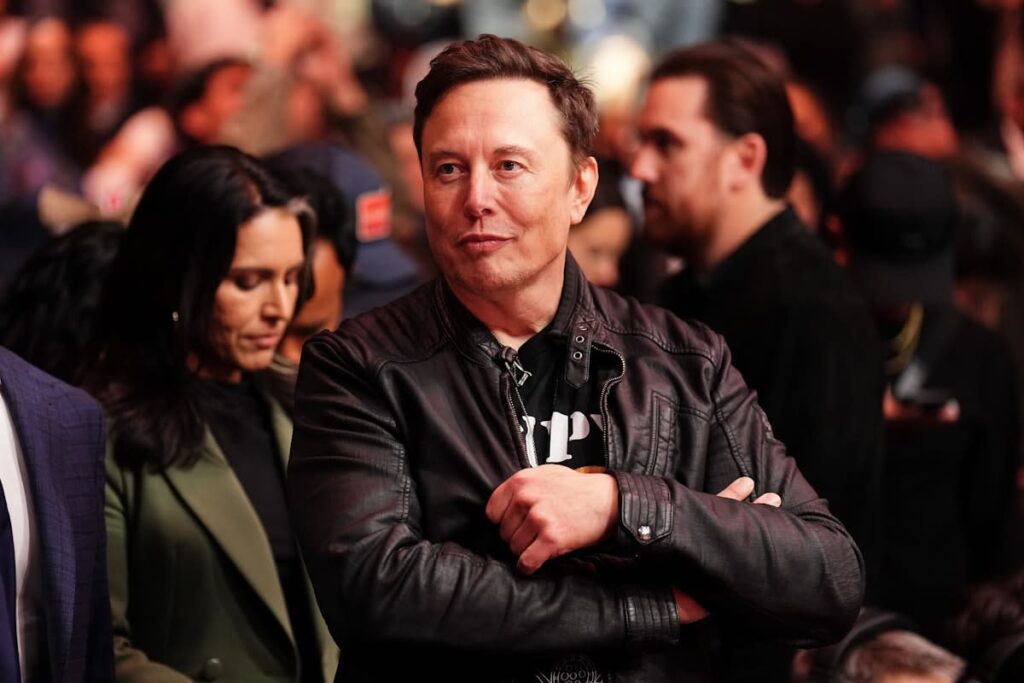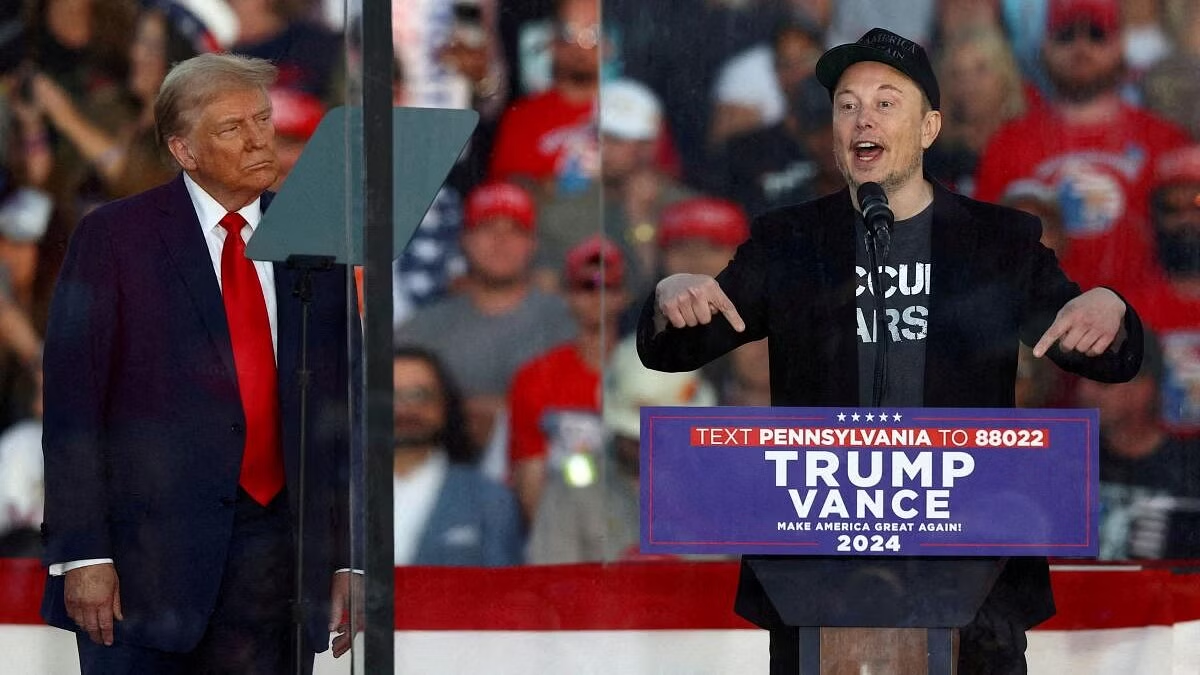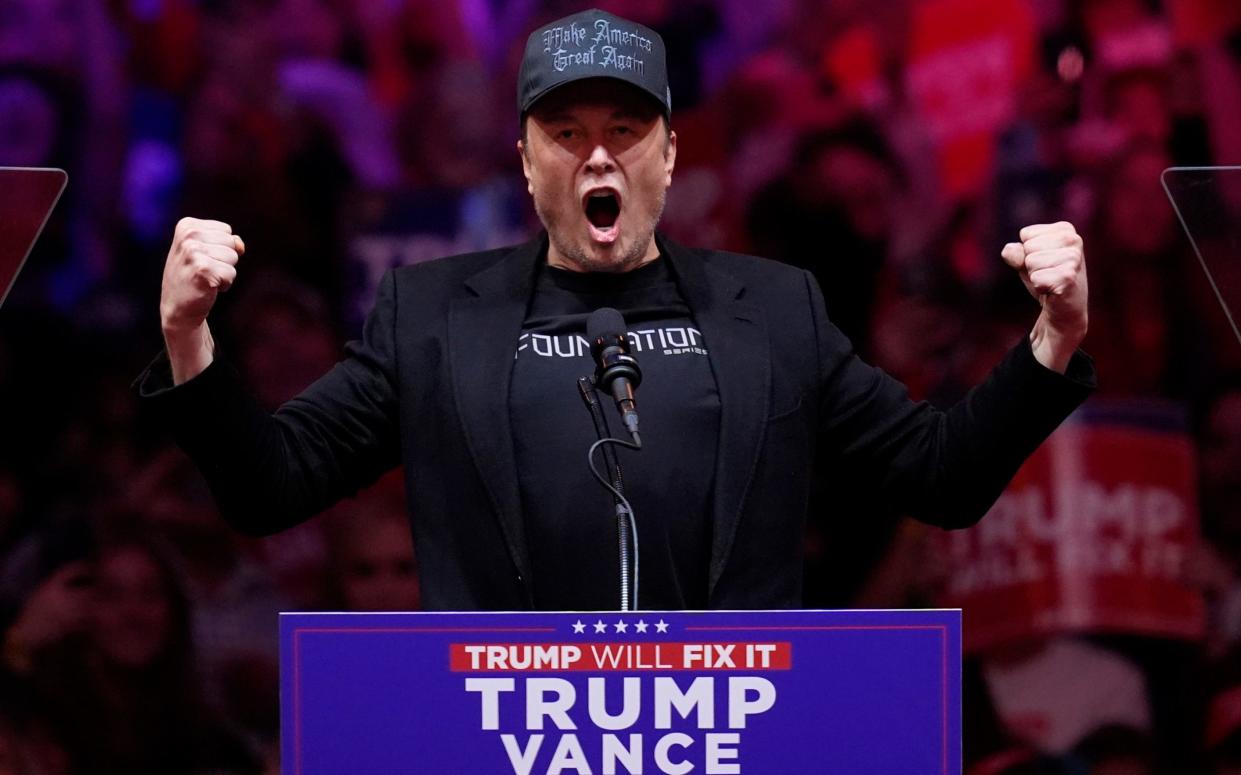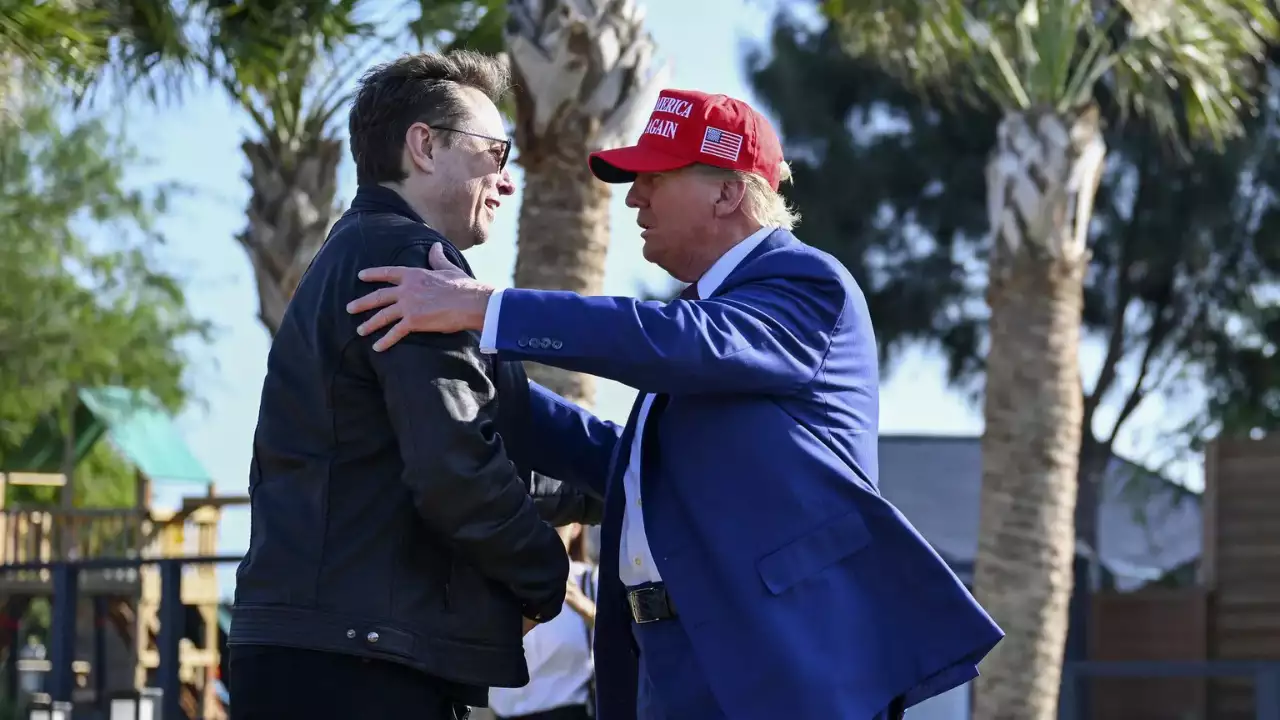
Elon Musk, in his role as the co-chair of President Donald Trump’s newly-created Department of Government Efficiency, has stirred controversy by singling out specific government employees for what he deems are “fake jobs”. This move comes amidst broader discussions about government spending and efficiency, igniting debates across various sectors about the value of certain governmental roles.
Last week, Musk drew attention to Ashley Thomas, a director at the US International Development Finance Corporation, by sharing a post that questioned the necessity of her position as the Director of Climate Diversification. The original post, criticizing Thomas’s role, sparked a heated exchange online. Musk endorsed the sentiment by captioning the post, “So many fake jobs,” thereby suggesting a radical pruning of such governmental positions.

The Real Impact of Government Roles
Despite Musk’s assertions, the significance of Thomas’s role is substantial. According to the Wall Street Journal, her efforts are geared towards innovations that fortify infrastructure and agriculture against the increasing threats of extreme weather events, directly aligning with national interests. Holding advanced degrees in engineering, business, and water science from prestigious institutions like MIT and the University of Oxford, Thomas’s work supports initiatives that enhance living standards in developing countries—a critical aspect of sustainable development.
The public’s reaction to Musk’s comments was mixed. Some social media users supported Musk’s critique, while others, like civil rights activist Michael Skolnik, defended Thomas, emphasizing the legitimacy and necessity of her work. “You have absolutely no idea what you are talking about and dangerously targeting a person who works an honest job to provide for their family,” Skolnik remarked, highlighting the personal stakes involved.

Musk’s Vision for Government Efficiency
In a recent op-ed for the Wall Street Journal, Musk, along with co-chair Ramaswamy, outlined their vision for the Department of Government Efficiency. They argued that their approach is in line with a pair of Supreme Court rulings that some legal scholars believe could be used to dismantle longstanding federal regulations. The article claimed that the department aims to significantly reduce federal expenditures, although skeptics cite the 1974 Impoundment Control Act, which restricts the president’s ability to cut spending authorized by Congress, as a potential roadblock.
Critics, such as Richard Pierce, a professor of administrative law at George Washington University, have voiced concerns about Musk and Ramaswamy’s grasp of federal legal frameworks. Pierce described their views as “utterly ignorant” of the laws that dictate the procedures for repealing regulations.

Looking Ahead: The Efficiency Debate Continues
As debates around the efficiency of government operations intensify, the implications of Musk’s recommendations are likely to be scrutinized closely. His actions raise important questions about the balance between cost-saving measures and the essential services provided by government employees like Ashley Thomas. The ongoing dialogue around these topics reflects a broader discourse on the role of government in managing and allocating resources effectively, especially in areas critical to public welfare and global development.
This ongoing controversy not only underscores the complexities of governmental efficiency but also the challenges in redefining the scope and impact of public sector roles in today’s evolving political and environmental landscape. As the discussion unfolds, the community will be watching closely to see how these debates will shape the future of government operations and public sector accountability.
